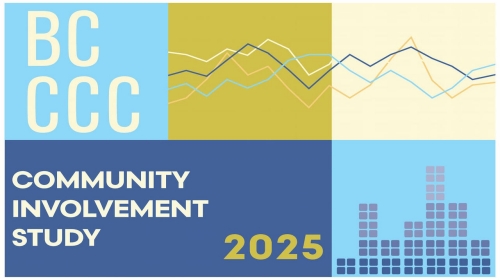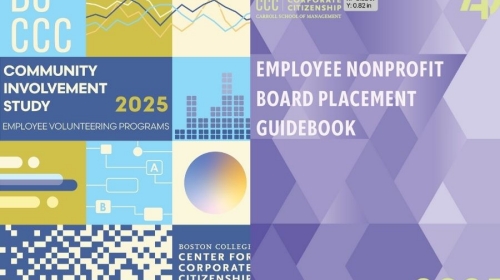WEBINAR: This webinar explores how to measure and communicate your organization's social impact with proven frameworks and strategies that matter to stakeholders.
Corporate coalitions result in big impact for social issues

Interested in this topic? Watch our previously recorded webinar, Coalition Building for Corporate Citizenship.
“Collabotition”—the practice of collaboration with competitors to achieve mutually held objectives—provides an opportunity for companies to work efficiently through issues that are material to the whole industry. When individuals work together, they form teams, and when companies work together, they form alliances in the form of coalitions.
While research has underscored the benefits of companies partnering with nonprofit organizations, it is also important to keep in mind that the phenomenon of corporations working across business lines to achieve a greater good can be tremendously influential. Examples of companies banding together include the We Are Still In pledge to uphold the Paris Agreement on climate change, and companies putting their sponsorship dollars and marketing expertise toward non-partisan get out the vote coalitions and commitments.
As is consistent with the findings of BCCCC’s Profile of the Professionals 2020 research, communication is a key component of any collaboration. Communicating efforts effectively is a critical tactic in helping stakeholders understand the long-term value of any corporate citizenship effort, and is essential to gaining buy-in, managing expectations, engaging employees, and even stabilizing market value. It follows, then, that in order for cross-sector or precompetitive coalitions to be successful, the organizing body needs to initiate a concerted, long-standing effort to create touchpoints and goals against which members can track their collective progress.
For an example, look to the Health Transformation Alliance: In February 2016, a group of large self-insured companies—including Coca Cola, FedEx, Pitney Bowes, The Hartford, Trane Technologies, Verizon, and Walgreens—were brought together by the nonprofit American Health Policy Institute to form the Health Transformation Alliance (HTA), designed to reduce health care costs. To date, there are 50-plus major corporations that have joined HTA by making the promise to “fix [America’s] broken health care system.”
HTA identified two pharmacies and two medical networks (including Cigna) to make the care provided to all of the companies’ employees more streamlined, cost-effective, and focused on improving health outcomes. With a collective presence, HTA companies are working together in the name of transparency, innovation, and value.
Since its formation, HTA has worked with IBM Watson Health to gather analytics to inform how care, outcomes, and patient experiences can be consistently improved upon. Given that HTA’s collective employee count is more than 7 million, the analytics made available to IBM Watson Health are robust, capable of changing health care in informed and potentially monumental ways.
It has been estimated that HTA-affiliated companies have yielded collective savings of $600 million over three years—attributable to both the forward-thinking, proactive methodologies the alliance is committed to offering employees and the weighty negotiating power alliance members have when working together. The business case for consolidating funding and expertise to further goals of promoting and sustaining a healthy workforce is clear: Health care that is focused on improving health outcomes both lowers costs to employers and improves the well-being of employees.
Watch our previously recorded webinar, Coalition Building for Corporate Citizenship to learn from corporate citizenship professionals who have built successful coalitions, how they get started and how they leverage these powerful partnerships.
Related Content
RESEARCH BRIEF - Researchers investigated how ESG activities help or hurt financial performance, using nine years of data from over 1,200 global companies.
RESEARCH BRIEF - Researchers analyzed 4 US energy exchange-traded funds (ETFs) over 15 years, including 2 dirty energy funds tracking fossil fuel companies and 2 clean energy funds tracking renewable energy companies.
RESEARCH BRIEF - Researchers conducted a survey, which measured perceptions of CSR and ethical leadership within the manufacturing and service industries.
WEBINAR: This webinar explores how corporate giving will be reshaped by the One Big Beautiful Bill. Hear directly from corporate citizenship leaders as they share innovative, real-world strategies that deliver impact for communities and results for business.
This study explores shifting trends in employee volunteering, corporate giving, and other means of corporate community involvement.
This guidebook offers insights on placing employees in nonprofit board service roles.
This study explores shifting trends in employee volunteering, corporate giving, and other means of corporate community involvement.








